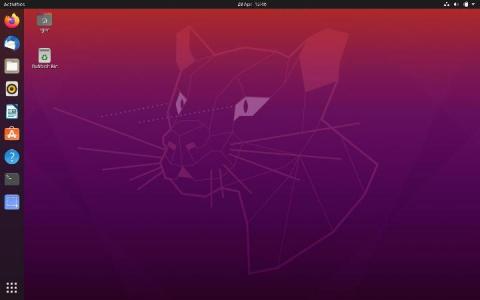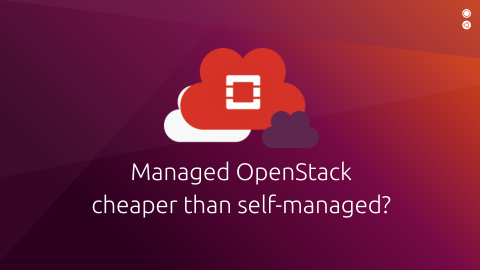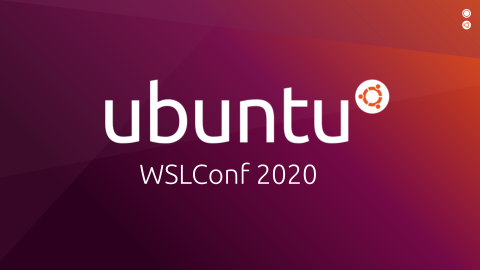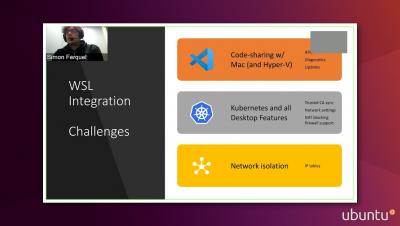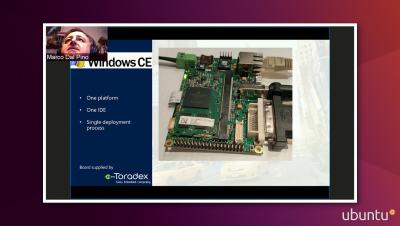How to upgrade from Ubuntu 18.04 LTS to 20.04 LTS today
Ubuntu 20.04 LTS (Focal Fossa) was officially released on April 23. This is the latest Ubuntu Long Term Support (LTS) release, with security patches and updates available until 2025. If you are currently using an older version of Ubuntu, you may be interested in upgrading. In this tutorial, we will show how to safely upgrade from Ubuntu 18.04 LTS (Bionic Beaver), the previous LTS, to the current one.


